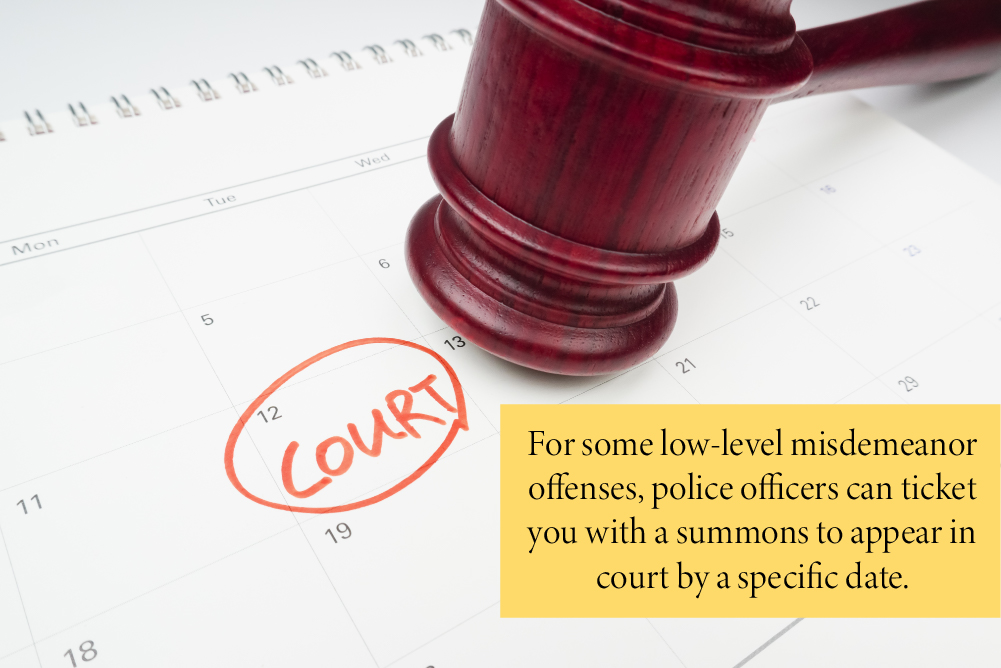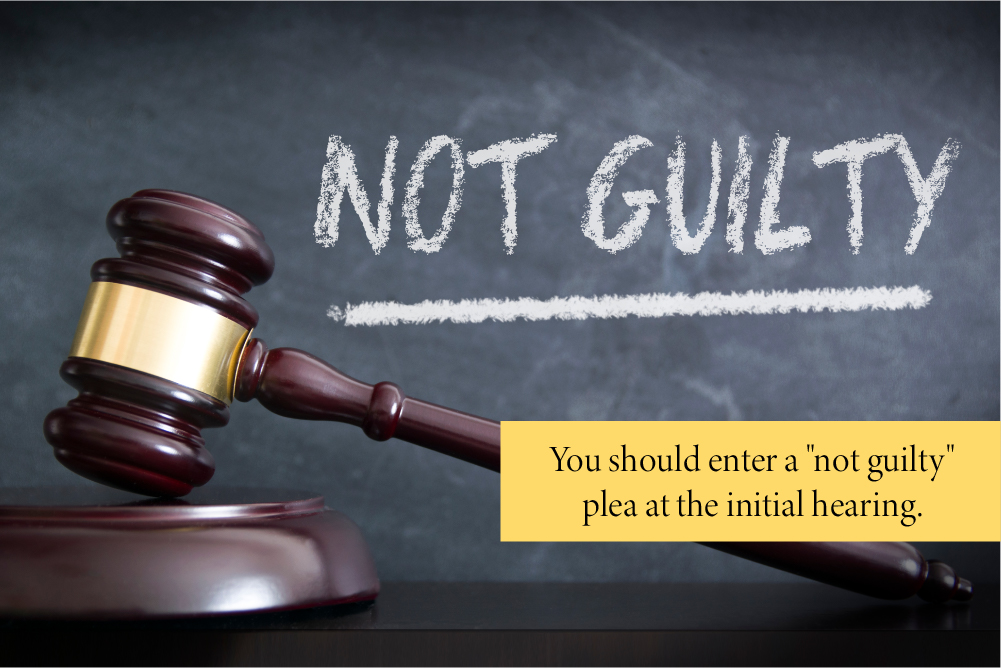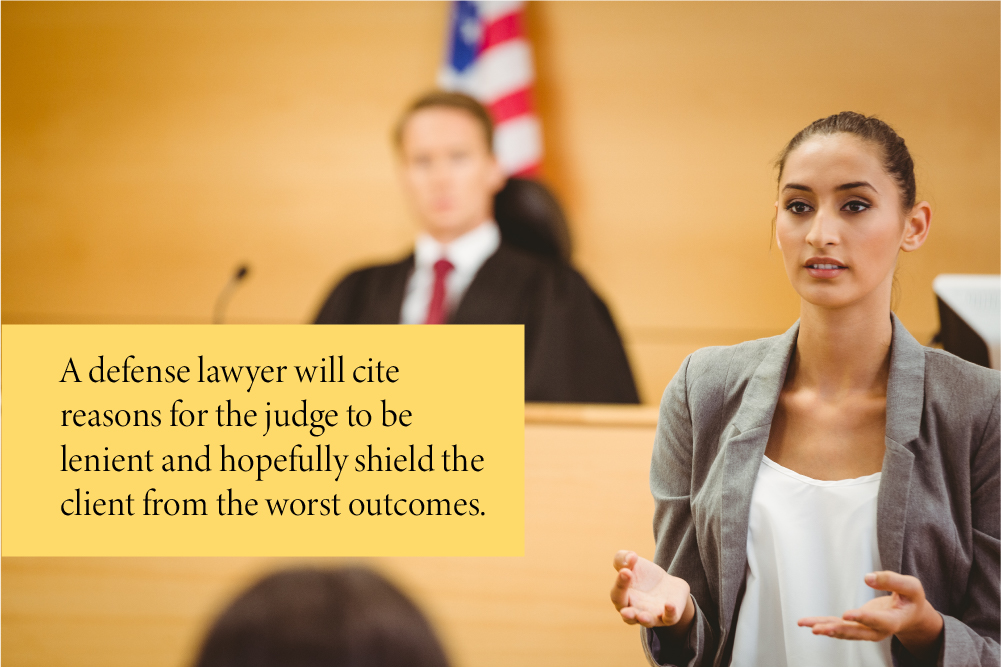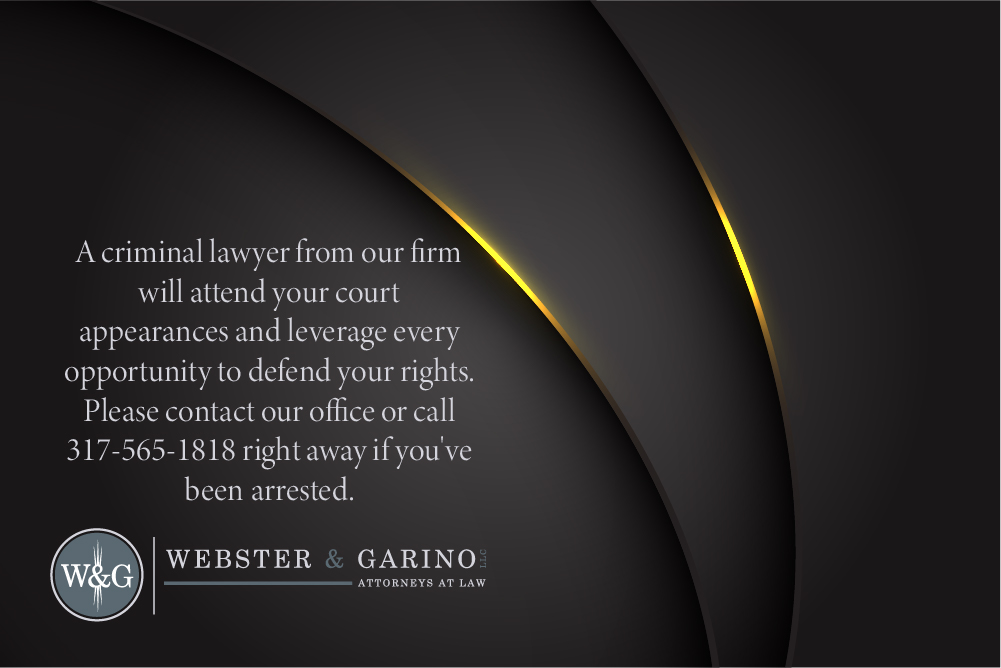How Do Criminal Cases in Indiana Work and What Should I Expect?

Federal Court Cases In Indiana
Getting arrested puts a big question mark on your future. In the first hours after an arrest, your mind is likely scrambling for solutions. Working with a criminal lawyer is the best way to gain an understanding of what is happening and how to prepare a defense. Regardless of how you ended up in custody, your criminal case will follow a standard process.
3 Routes to Criminal Charges
Law enforcement agencies use these three methods to bring criminal suspects into court:
- Summons to appear
- Arrest on suspicion of a crime
- Issuance of an arrest warrant

For some low-level misdemeanor offenses, police officers can ticket you with a summons to appear in court by a specific date. A summons allows you to contact a criminal defense lawyer in Westfield for advice ahead of time. Although a summons is ideal compared to being arrested on the spot, you do not want to ignore it. If you fail to appear in court as required, a bench warrant will be issued for your arrest.
An arrest on suspicion of crime occurs when police have probable cause that a crime occurred. An example in Indiana is Operating a Vehicle While Intoxicated (OWI).
The issuance of an arrest warrant happens when a law enforcement agency has been investigating a crime and gathers evidence that points to an individual. Law enforcement presents its findings to a judge, who authorizes an arrest warrant.
No matter the route to criminal charges, you should contact a criminal lawyer in Indiana as soon as possible.
Learn About What Happens After a DUI Arrest in Indiana?
The Arrest
Aside from getting a summons, criminal prosecution starts with a defendant being taken into custody by police. This act initiates the formal process of filing criminal charges. After fingerprinting and other processing, the person is held in jail until the initial hearing. During this time, the law enforcement agency prepares the paperwork to inform the court of the laws that the person allegedly violated.
Initial Hearing
Indiana law calls for people to receive their initial hearings promptly. Although promptly is a vague term, most people go before a judge within 48 hours.
At the initial hearing, the court reads the charges to the defendant. This is when a person hears the exact accusations and whether one or more criminal charges have been filed.
The court will inquire about a defendant’s legal representation and offer a public defender to those with limited financial means.

You should enter a “not guilty” plea at the initial hearing. You need the advantage of legal advice before considering a guilty plea. Pleading guilty without knowing potential penalties or defense options can lead to undesirable outcomes.
If you have arranged to have a criminal lawyer attend your initial hearing, the lawyer will urge the court to set a reasonable bail amount or release you without needing to pay bail.
Judges release some defendants on their own recognizance without requiring bail. However, most people should expect to pay bail to obtain their release.
After the initial hearing, you should search for a criminal lawyer in Indiana capable of defending your rights.
Discovery Period
At the initial hearing, the judge usually agrees that probable cause exists to charge the defendant and will set the case for trial. The trial date may be weeks or months in the future, and this is the time that you use to prepare your defense.
The time before your trial is called discovery because you get to see the evidence against you. The law requires the prosecutor to release evidence, including details that could benefit you, also known as exculpatory evidence. Essentially, authorities cannot cherry-pick evidence to share that only points to your guilt.
The criminal lawyer defending you looks at the evidence provided during discovery to evaluate the strength of the case against you. The information may reveal opportunities to challenge the criminal allegations. Your lawyer could also investigate the case to collect information valuable for your defense.
Filing Pre-Trial Motions
Depending on what is revealed during discovery, the lawyer managing your criminal defense in Westfield may elect to file pre-trial motions with the court. Motions are requests that a judge will review. These documents typically ask for more time or dispute evidence. Challenges to evidence may be founded on a police officer violating your rights or mishandling evidence collection.
In some cases, these motions can be of critical value. A successful evidence challenge might force a prosecutor to give up on the case.
Plea Bargaining
Depending on the discovery outcome, a lawyer could suggest a plea bargain as the best course of action. This decision arises when the evidence appears strong enough to produce a conviction at trial. An experienced criminal lawyer will point out issues with the prosecutor’s case to negotiate a guilty plea for a lesser charge or a more lenient sentence. Prosecutors also propose plea deals, and many cases are resolved through this process. A defendant achieves a predictable outcome compared to the unpredictability of a trial.
Trial
When a case goes to trial, a defense lawyer handles many tasks, including:
- Jury selection
- Presenting evidence that benefits the defendant
- Calling witnesses
- Questioning evidence and witnesses presented by the prosecution
- Highlighting reasonable doubts to the jury
Trials can last a couple of hours or go on for weeks, depending on the complexity of a case.
Sentencing

Should a defendant choose to plead guilty at some point or is convicted at trial, the next step is a sentencing hearing. A criminal lawyer still has a vital role at this point, and judges have some discretion in how they apply prison time, fines, and other penalties. A defense lawyer will cite reasons for the judge to be lenient and hopefully shield the client from the worst outcomes.
Appeal and Sentence Modification
Some defendants could appeal their conviction if procedural mistakes occurred during the trial or a defendant’s rights were violated. Appellate judges only look at whether a trial was conducted correctly, and the defense does not get to argue the entire case again.
As for sentence modification, a lawyer can prepare such a request post-conviction. The request outlines reasons to reduce the sentence.
Webster & Garino, LLC Stands by Clients in Court
We are your local source for a criminal defense lawyer in Westfield. A criminal lawyer from our firm will attend your court appearances and leverage every opportunity to defend your rights. Please contact our office or call 317-565-1818 right away if you’ve been arrested.

